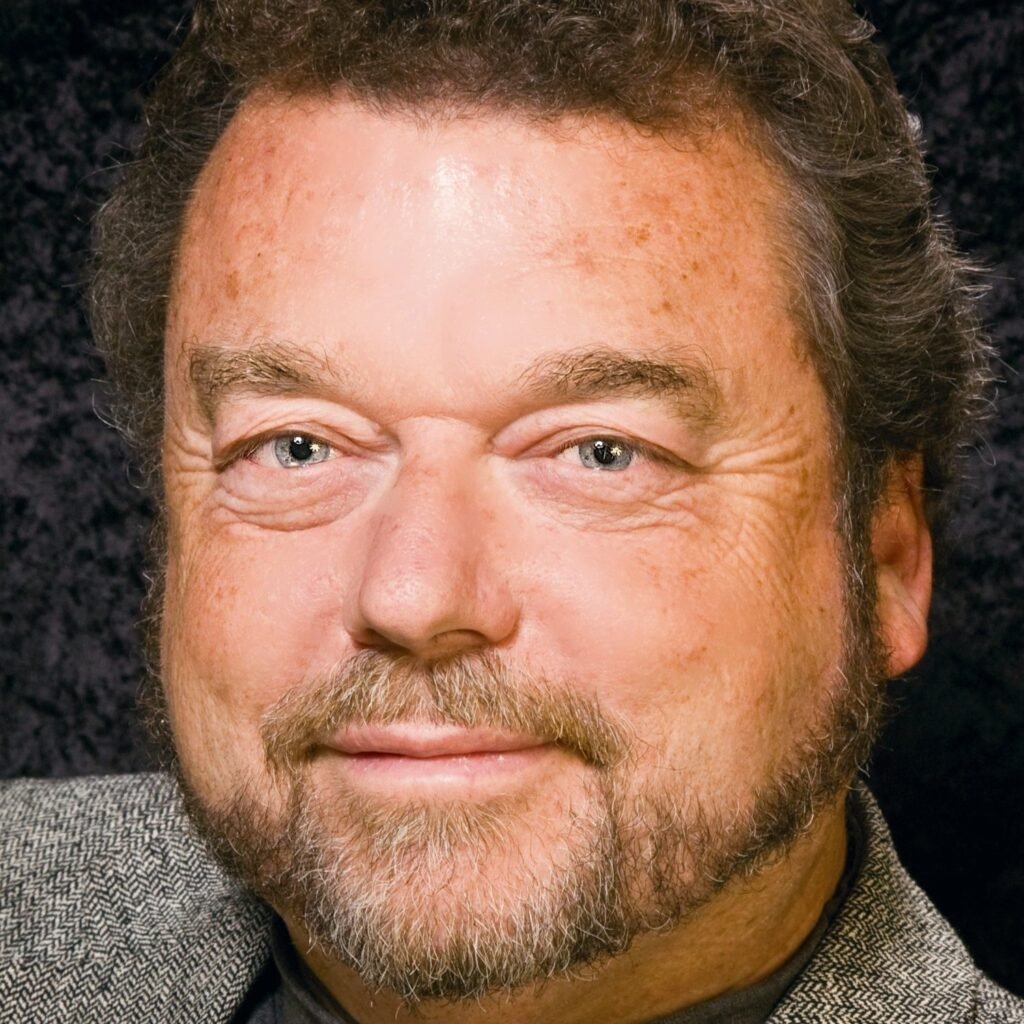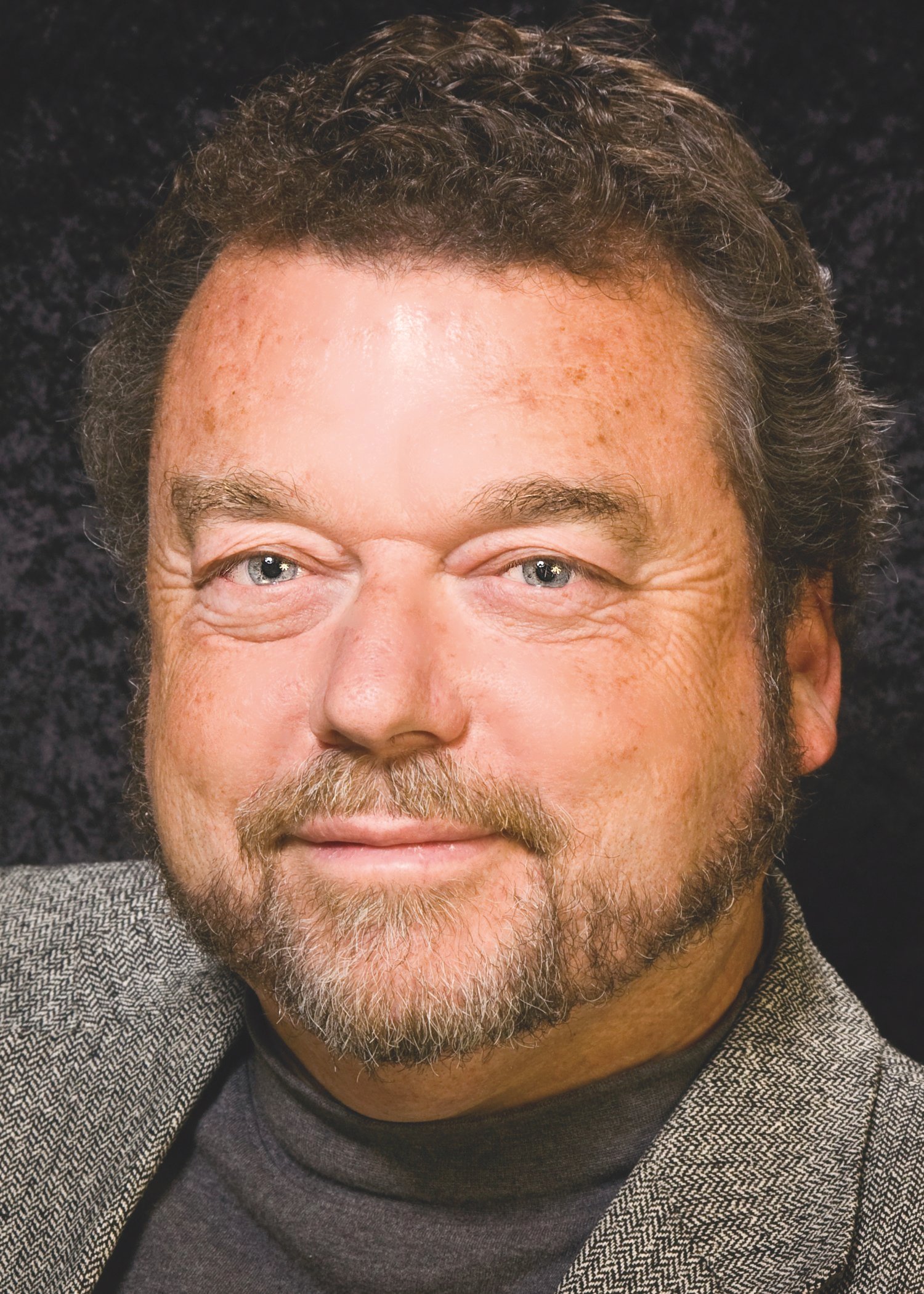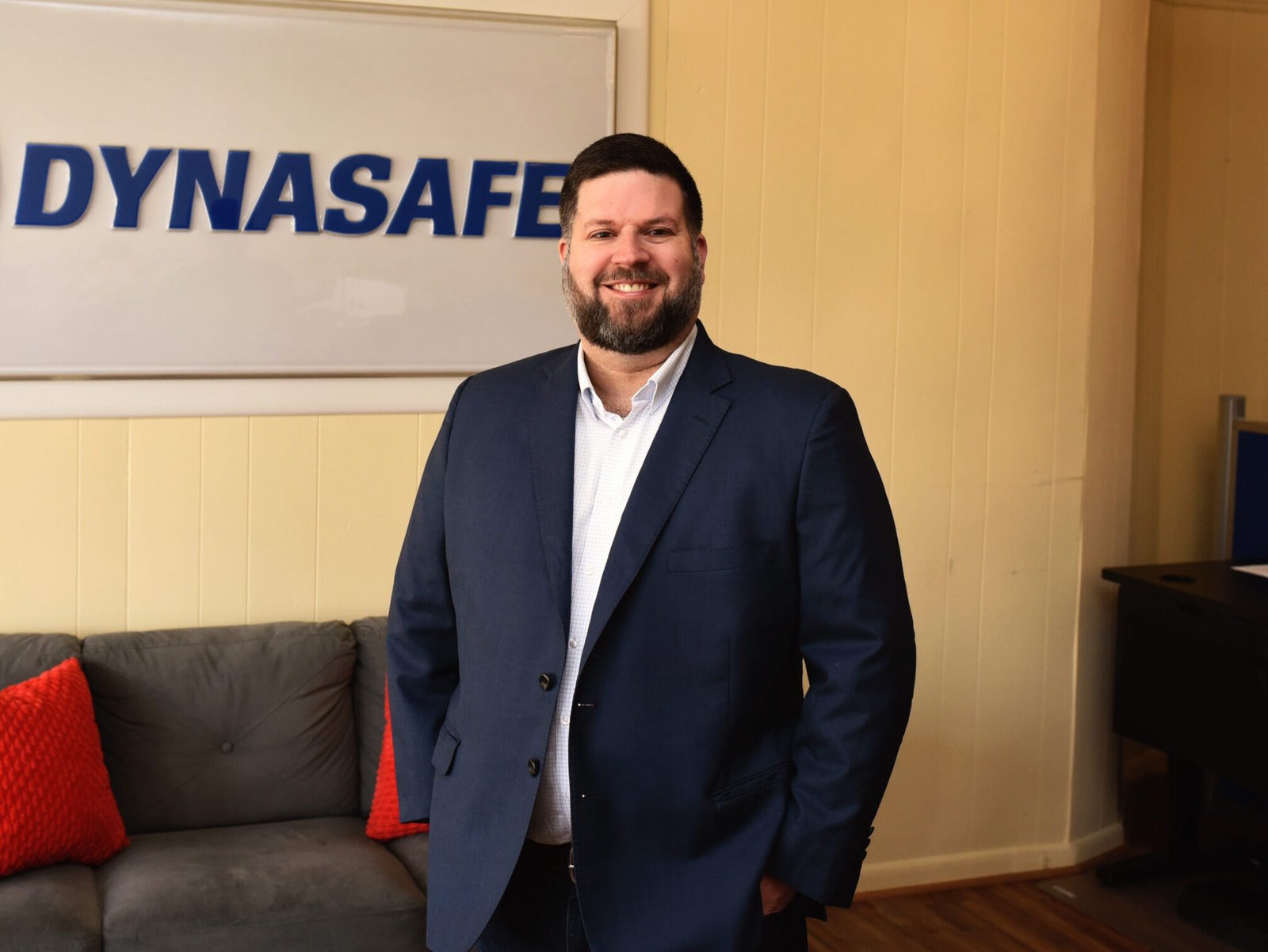I recently went one on one with Dr. Christopher Gilbert, co-founder of NobleEdge Consulting and author of The Noble Edge: Reclaiming an Ethical World One Choice at a Time.
Adam: Thanks again for taking the time to share your advice. First things first, though, I am sure readers would love to learn more about you. How did you get here? What experiences, failures, setbacks or challenges have been most instrumental to your growth?
As a kid, I loved imagination games more than sports. I got picked on for that even though I was bigger than all of the bullies. I think that grew my empathic side. I had a Catholic school upbringing although I am now Baha’i. My Mom would tell you I was always concerned more with being good than testing limits. It’s not ironic then that upbringing would eventually lead to a career in ethics.
I’ve had four careers actually. In brief, I was an engineering geologist after my B.S. degree, a business professor cum entrepreneur after my M.B.A, became a professor at five universities on four continents, and I settled into ethics consulting work, building our business starting ten years ago as NobleEdge LLC, and authoring two award winning ethics books.
I believe the seeds of the ethics work were planted when we lost our successful, entrepreneurial company, Cravings Inc. to a Fortune 100 food service company. They spent weeks in our operation pretending to do their due diligence for a buy-out. Then, after notifying us they were no longer interested, they opened a copycat operation in the mid-west.
Out of crisis comes victory. That’s the first story in my book, The Noble Edge.
Adam: What do you hope readers take away from your new book?
I am hopefully beginning a much needed national conversation about building and re-building trust with one another.
The concept of the Noble Edge is meant as an analogy to the cutting edge or the leading edge- those rarified spaces where new technologies, new ideas, new ways of thinking and acting spur incredible innovations and advances in business, or science, or society.
The Noble Edge represents an advance in our character. It is the space where the nobility we are born with flourishes through the consistent agreement of our words and our actions.
In this particularly toxic moral era, we need a shot in the arm inoculating us against the thinking that bad ethics come from the ‘bad’ folks and good ethics come from the rest of us when we all move up and down the moral ladder with our different choices every day. The book and my speaking and consulting work are meant to be part of that beneficial shot. What is an immediate and lasting take-away: There’s no right way to do the wrong thing!
Adam: What do you believe are the defining qualities of an effective leader? How can leaders and
aspiring leaders take their leadership skills to the next level?
Chris: I am a great advocate of transformational leadership over transactional leadership. In the latter, it’s about what you get for what you give- a raise, a higher position, an award. In the former, the leader creates an empowering climate where the associates know they can walk through walls- that’s both transformational and a brilliant model for helping people do their best. Everything done in a transformationally led organization, whether a short-term mistake or a success is seen as a nudge in the right direction for the long term.
Two worthy maxims about great, transformational leaders:
1. They find good people and give them a job they love. It was Confucius who said, “Find a job you love and you will never work a day in your life.” That’s the spirit we want in our associates and employees, right?
2. Mediocre leaders just want to be right-great leaders want to find the truth. That puts the last number of political years in perspective. Surround yourself with challengers who also want to find truth. Therein lies an essential secret to great leadership surrounding yourself with those humbly smarter than you are.
Adam: Why do you believe ethics are so important to leadership?
Chris: The largest shadow is cast from the top.
Building trust is the essential outcome of all ethical choices. Unity is the leaven that yields our highest outcomes. In terms of building, leading and managing teams, the best purpose of a leader is creating trust and unity in these groups. Not uniformity, but unity. A unity of purpose is based on empathy, a shared vision and an atmosphere of trust.
In the extreme, in a world without shared moral standards, you see acts of violence condoned by perpetrators because of their perceived differences from those they victimize. In their lowest form, such conditions lead to mass shootings, genocide, and worse. When we do not personalize what we do, then anyone outside our moral circle can be treated the way our standards permit.
Ethics are a public and communal enterprise. Good leaders initiate and support conversations among co-workers about the ethics supporting our best choices. It’s not about the individual. It’s not about the company. It’s about everyone we affect in our choices- suppliers, distributors, customers and clients, competitors, all rippling out to the local community around us.
Adam: How do you account for those in leadership roles who have been able to enjoy success despite a lack of ethics?
Chris: When it comes to business ethics, the largest shadow is cast from the top. Professional managers up to the C-suite are ultimately responsible for the transparency and trustworthiness of their organizations. There is a 21% increase in profits in companies whose missions include building trusted reputations and engaging in social responsibility in their community. That sounds like success to me.
Speaking to an individual leader’s “success” without ethics, this answer is highly dependent upon one’s definition of success. I don’t know about you, but I have never seen a hearse pulling a U-Haul. So, we must move beyond material wealth, popularity, or coercive, untrusted influence to entertain a notion of what “real” success looks like. How many leaders in the short term are now spending prison time for their lack of ethics?
Success in this world is not measured by what you took, but by what you gave.
Adam: What is your best advice on building, leading and managing teams?
Chris: Understanding the difference between productive and erosive conflict. Supporting teams is not about eliminating conflict which can be very productive if we eliminate the dysfunction around it. In our current circumstances, individuals foment that dysfunction and nothing gets accomplished. Removing yourself and your ego from any discussion and focusing on the information offered rather than on the individual voice ensures a more trust-building atmosphere in organizations.
The process of consultation is the clash of opinions without the clash of personalities. That’s where we discover truth. I’ll offer two small, action steps toward true consultation you can take or leave:
First, try to avoid talking about an idea as “Tom’s idea” or “Shaia’s idea” or “my idea.” When we attach ownership to an idea or opinion, the acceptance or rejection of the idea becomes, intentionally or unintentionally, the acceptance or rejection of the idea’s owner.
Secondly, when offering an idea or opinion, once it’s out of your mouth let it belong to the collective group and let them do with it as they please. Each of us should struggles to share an idea without owning it. That’s hard to practice, but incredibly powerful in eliminating the dysfunction of ego that lurches in and out of our ineffective conversations now.
Adam: What are your three best tips applicable to entrepreneurs, executives and civic leaders?
Chris: Given the choice, I’d rather live in a world of no laws and 100% trustworthiness than a world of all laws with no trust. The best moral choices will help heal our relationships whether they are family, co-workers, employees, work and life teams, whole organizations, this nation, and the world if we let them.
My three tips for all entrepreneurs, executives and civic leaders:
1. Ladder up! Research shows that awareness of our capacity for moral progress actually helps us make better choices. While it may be a well-worn habit for us to rationalize and excuse our decisions without considering our impact on others, if everyone followed the ‘its only about me’ path, then we’d be in far worse shape than we are now. As a leader of anything you must step up that moral ladder from the choices being about you, or some others you care about to those choices being about everyone affected by them. This is the three-step moral ladder in my book.
As I surveyed respondents in my ethics research, those exposed to the three steps of this moral ladder (‘It’s about me’, up to ‘it’s about some of us’ up to the top step, ‘it’s about all of us’) make better ethical choices than those that don’t use this framework. Give it a try, but it takes a little practice.
2. There’s no right way to do the wrong thing. Make this affirmation every day. Better ethics are needed now, more than ever. That mantra—there’s no right way to do the wrong thing—is a life-essential. We bump up against those words constantly. If you repeat that mantra every day and work to imbue it in your actions, it’ll begin to change the quality of your life. So, too, will it act to change the quality of others’ lives.
3. Don’t react, respond. The right actions often come out of contemplation. Since ethical actions result from utilizing your knowledge, in combination with your judgement and allowing time for each of these capacities to coalesce is essential to choosing right. Start with what you know. Examine which step of the moral the ladder you’re using. Then, once satisfied, act! That also allows for those intangible, “aha” moments that often bring better decisions.
Adam: What is the single best piece of advice you have ever received?
Chris: Two come to mind if you’ll indulge me:
-
“Head towards trouble,” from my Dad. That is, if there are challenges or mistakes you’ve made don’t try to obfuscate the truth and beat around the bush. Hit the difficulties head on. Admit the mistakes and use that admission as a point of apology and a life lesson for growth. Faced and publicized with truthfulness and integrity, missteps can turn around quickly and for the long term. Simply put- if you’re to blame take it on and build trustworthiness with it. Even your sharpest enemies will learn quickly that publicizing your mistakes is a potent way for you to exercise trust building.
-
“You won’t believe it when you see it. You’ll see it see it when you believe it.” (Joel Barker, Paradigms). The whole idea we can change the ethics in our world and build trust with each other is a paradigm shift- a shift in what we believe is true. Barker’s book talks about our fundamental truths- the ones we shape our lives around. And then speaks about how these “truths” change and how we change them. The Noble Edge is all about shifting from our small-t truths now to Capital-T truths that are a mandate for a collaborative, interdependent global future.
Adam: Is there anything else you would like to share?
Chris: The truth is, when it comes to an honest world, we have only two choices, we can either continue down our current path of increasingly “situational ethics” that treat some more fairly than others and where honesty, empathy and compassion in our connections and personal and professional relationships is the luck of the draw. Or, we can believe we have the capacity to create a world where integrity is practiced by everyone for everyone. Which world do you want to live in? I’ll take the latter (no pun intended).









